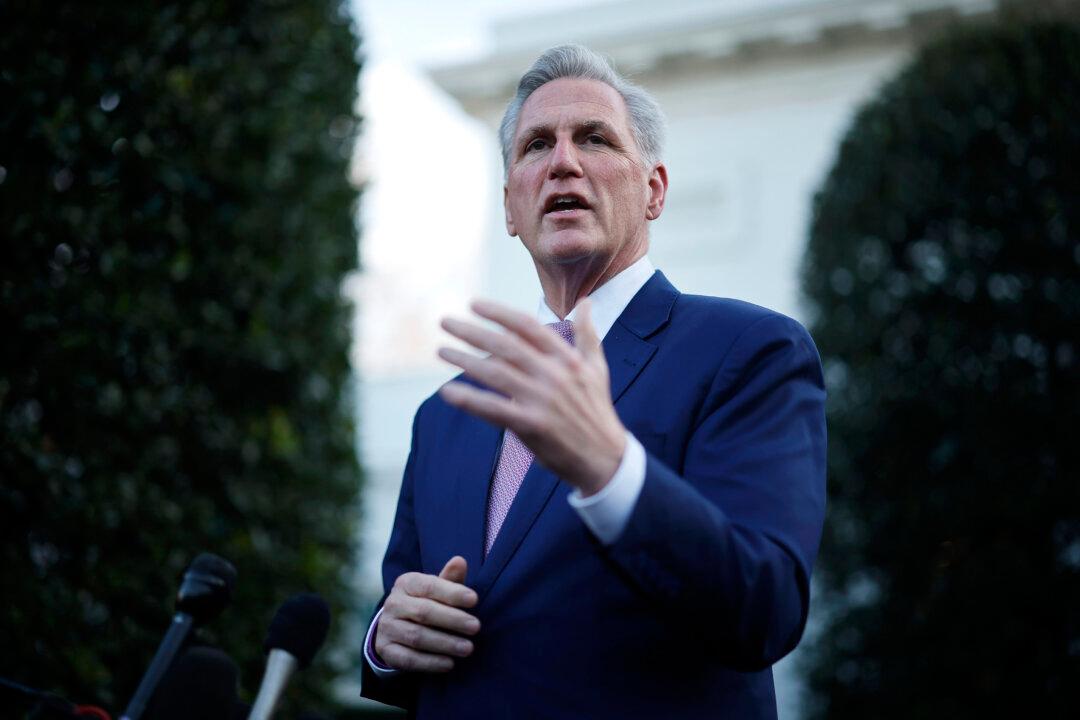Despite political posturing from both sides and calls for “real structural spending reform that reduces deficit spending and brings fiscal sanity back to Washington” from 24 Senate Republicans, Washington such change is unlikely at this time, Ryan Yonk explained in an interview that aired on Newsmakers by NTD and The Epoch Times on Feb. 1.
But, Yonk added, one area where Republicans could significantly impact the recent Washington budget talks is their push to reduce funding for the IRS agent expansion. Yonk is Senior Research Faculty at the American Institute for Economic Research (AIER).





